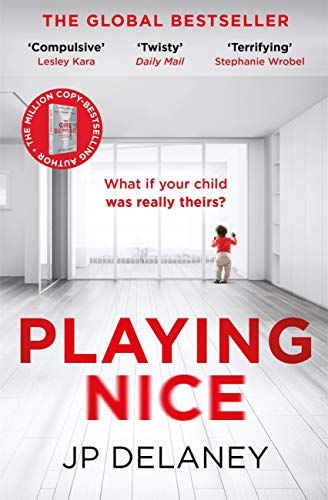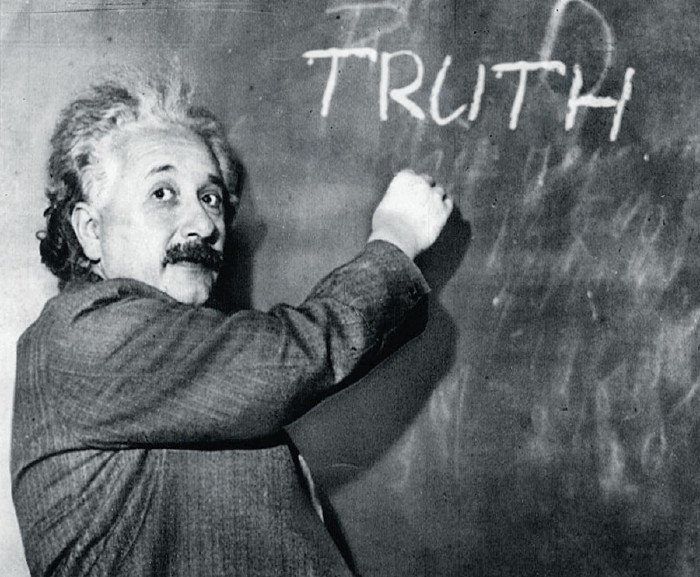Writers usually have something to teach other writers who read their work.

This morning I finished reading a gripping, well-written psychological thriller. Playing Nice by JP Delaney is compulsive reading. I am pretty sure I couldn’t come up with a plot as complex and compelling as this.
On the cover it says, ‘What if your child was really theirs?’ Turn the book over and you read , ‘Pete Riley answers the door one morning to a parent’s worst nightmare. On his doorstep is Miles Lambert, who breaks the devastating news that Pete’s two-year-old, Theo, isn’t Pete’s real son — their babies got mixed up at birth.’
From page one the writer grips the reader. There’s no let-up until the very end.
I looked the author up online, and found that JP is already a well-established author, who writes different kinds of books under different names.
Here’s something I read on PJ’s website that I want to keep reminding myself:
‘My relationship with the reader is always fundamentally the same. I never forget that I’m inviting them to come with me on a journey, and that as their host and guide it’s my duty to enthral them.’

My thoughts: I find it fascinating that fiction is stuff that’s made up, and yet it often exposes deep truths about being human.

It’s so good to be reminded that there is a relationship between the author and each reader.
It’s quite a big thing for someone to buy your book (or E-book). The reader’s commitment to spend a lot of time with your storyline, and of course with the characters, is a precious thing.
I think it hits home more, this relationship, when you discover you’ve sold a single copy of your book (or more, in a good month!) In my case it’s children’s adventure books. It doesn’t happen often but when someone uses, say, the Kindle library, the author can see that information on a report (KDP online account). It actually shows you how many pages have been read so far, and because it’s so rare, it makes it really exciting to know the reader, whoever that may be, has read 20 pages so far….
It’s then that I remember that a child somewhere in the world – or one of their parents who is reading the book to them – has just entered the world of my imagination! I particularly like the way they may relate to my love for Cornwall, where I was born, and in my books I describe real places which may even encourage families to visit those beautiful sandy beaches, wonderful old towns, and wild moors, sometimes for the first time.
The imagination is a wonderful thing; a real gift from God I think, and it’s great to have a chance to share it with many others, through our writing.
Thank you for your thoughtful comment. Yes, it is amazing and exciting when readers can visualise the things you’ve imagined. It actually spurs writers on to create more stories, too. A win-win, I think.